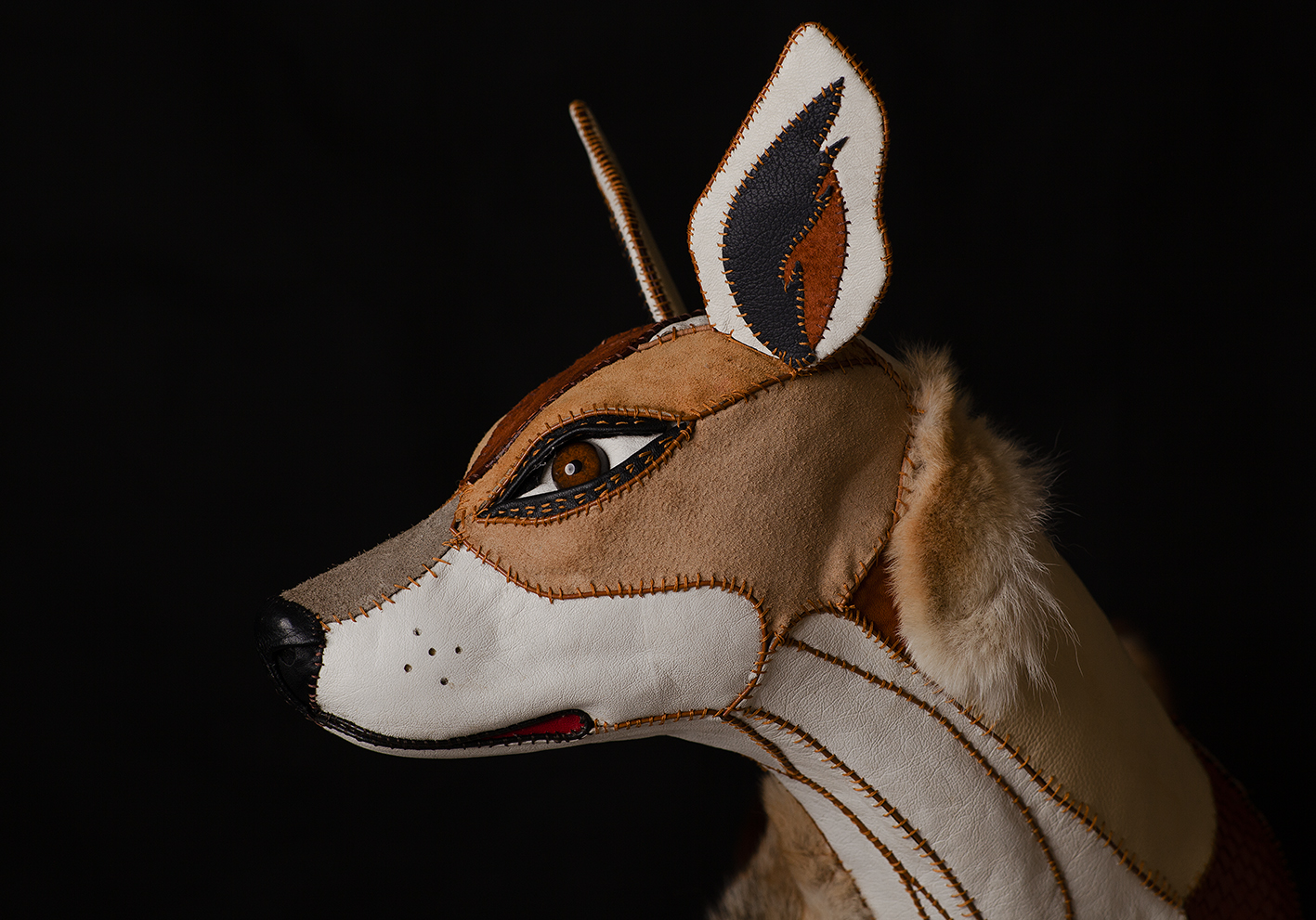Archer-Lean, C. (2021). Animal Representative Presence: Problems and Potential in Recent Australian Fiction. In J. Gildersleeve (Ed.), The Routledge Companion to Australian Literature (pp. 282–291). Routledge.
What scholarly disciplines are most relevant to this publication?
This chapter is situated in Australian literary studies as part of the new Routledge Companion to Australian Literature, and more specifically is a work of literary animal studies. A whole chapter on animals in this new companion marks a time where speciesism generally and animal representation specifically are generating critical attention in in Australian literary studies.
How would you describe this work to a non-academic interested in animal advocacy?
I discuss several recent works of Australian fiction to explore how animals are represented, arguing that while many Australian writers (post-invasion) present animals as local colour, or symbols, since the mid-1990s, there has been a shift in the game, with writers exploring the material realities of more-than-human representations, as well as critiquing the violence implicit in the human/more than human relationship. I then examine the ways these different figurations intersect with and are often overshadowed by a critique of patriarchal representations of women. My focus case for this investigation is the Stella award winning novel The Natural Way of Things (2015)by Charlotte Wood. I argue that this feminist dystopian work replicates some of the paradoxes of feminist prose in relation to nonhuman animals. The novel both resists and is complicit in a figuring of animals in reductive ways as it critiques Australian patriarchy and sexual violence.
How do you see your work relating to human-nonhuman relations?
Representation is important in determining outcomes for nonhumans. Human beings are story making animals, and our stories are not just a reflection of who we are but what we can be. Our stories are shaped by the terms and frames we use to understand other animals in many areas and disciplines. The representational realm of fiction specifically, and the epistemological positioning of animals more broadly, is a way of focusing on how nonhuman animals are represented and the implications this has for their treatment and agency in our complex shared worlds.
What are you working on next?
I am continuing to explore recent Australian literary figuring of animals. There are so many exciting new authors in this space. For example, I recommend to blog readers AASA’s own highly awarded author, Laura Jean McKay. I am also beginning an interdisciplinary project investigating the ways in which the camp dog is represented in various disciplines.
Bio: Clare Archer-Lean is a senior lecturer with the University of the Sunshine Coast, where she researches shifts in animal representations in contemporary Australian fiction, its links with decolonising approaches to reading and the interdisciplinary applications of both.




